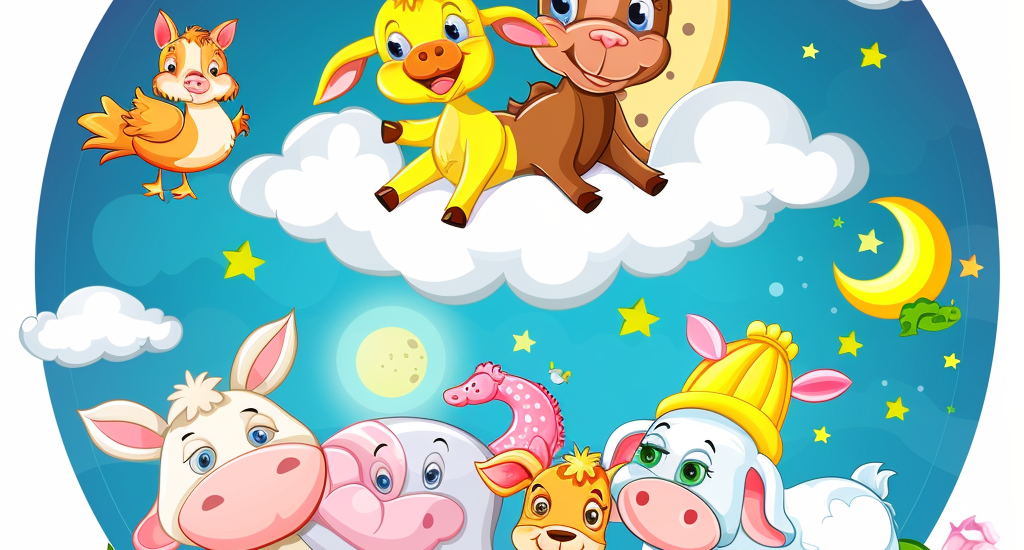


Nursery rhymes are more than just catchy tunes and fun rhythms. They play a vital role in early childhood development, helping kids learn language, rhythm, and even basic math. Here are ten easy and fun nursery rhymes that kids love, along with the reasons why they’re so important for their learning development and future success.
This classic rhyme helps children learn about patterns and sequences. The repetitive structure makes it easy to memorize and sing along, which aids in language development.
“Baa Baa Black Sheep” introduces children to counting and the concept of quantity. It’s also a great way to expand their vocabulary with words like “wool” and “master.”
This rhyme teaches kids about perseverance and sequencing. The accompanying hand movements also help develop fine motor skills and coordination.
“Humpty Dumpty” is a fun way to introduce storytelling and the concept of cause and effect. It also helps with understanding rhythm and rhyme schemes.
This simple rhyme is excellent for teaching rhythm and pacing. The gentle, repetitive melody can also have a calming effect, making it perfect for bedtime.
“Jack and Jill” introduces children to narrative structure and rhyme. It’s also a fun way to learn about different verbs and actions.
This rhyme helps kids understand sentence structure and storytelling. The repetitive phrases make it easy for young learners to remember and recite.
A fantastic rhyme for teaching animal names and sounds, “Old MacDonald Had a Farm” also helps with memory and recall skills. The interactive nature encourages kids to participate and have fun.
“Hickory Dickory Dock” introduces children to the concept of time and sequencing. The playful rhythm and simple storyline make it a favorite among young learners.
This lively rhyme teaches kids about different parts of a bus and various actions. It’s also great for improving memory and encouraging physical activity through actions and dance.
Nursery rhymes introduce children to new vocabulary, sentence structure, and phonetics. The repetitive nature helps with language acquisition and pronunciation.
The repetitive and rhythmic patterns of nursery rhymes enhance memory skills. Kids remember and recall information better through repetition and catchy tunes.
Nursery rhymes stimulate cognitive development by teaching patterns, sequencing, and basic math concepts like counting. They also encourage critical thinking and problem-solving skills.
Singing nursery rhymes in groups helps children develop social skills such as cooperation, taking turns, and listening. It’s a fun way to learn about social interactions and community.
Many nursery rhymes involve actions and hand movements that help develop fine motor skills and coordination. Rhymes like “The Itsy Bitsy Spider” and “Wheels on the Bus” get kids moving and improve their physical abilities.
Nursery rhymes often contain simple stories and characters, helping children understand and express emotions. They provide a safe way for kids to explore different feelings and situations.
Early exposure to nursery rhymes sets a strong foundation for future learning. The language skills, cognitive abilities, and social interactions gained through nursery rhymes are crucial for academic success. As children grow, the skills they developed through nursery rhymes will help them with reading, writing, and overall communication.
Nursery rhymes are a fun and effective way to support your child’s development. By incorporating these easy and enjoyable rhymes into daily routines, you can help your child build essential skills that will benefit them throughout their life. So, sing along, have fun, and watch your child grow and learn with these timeless classics!